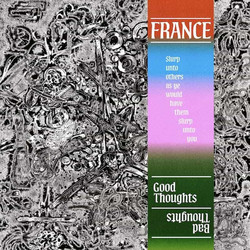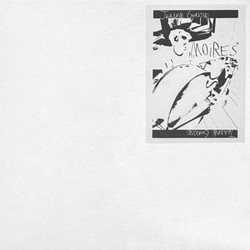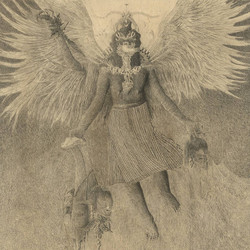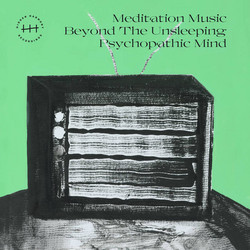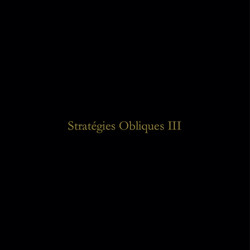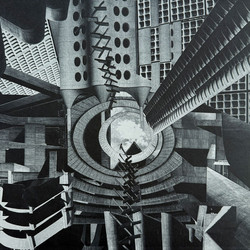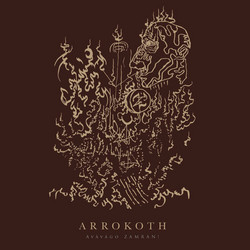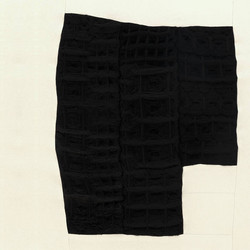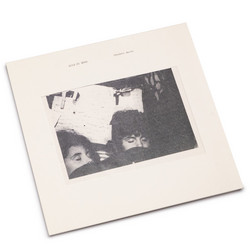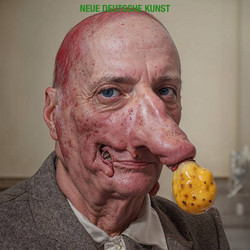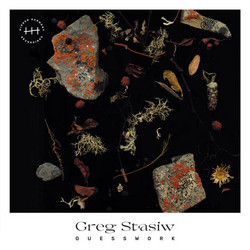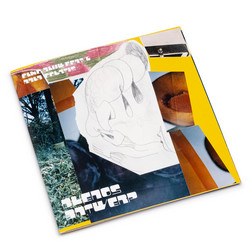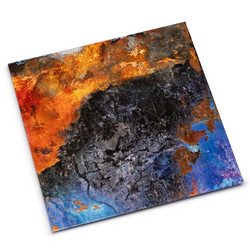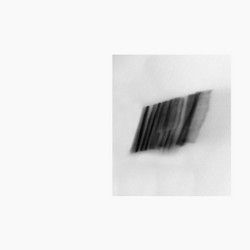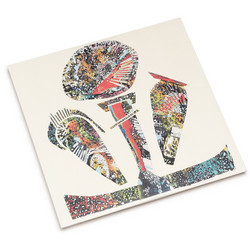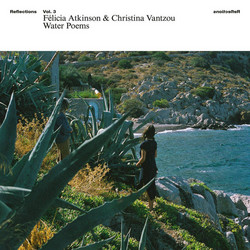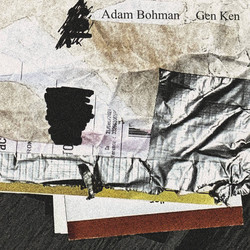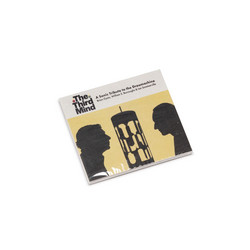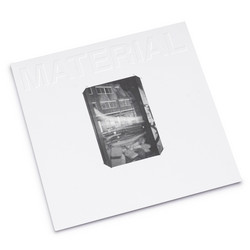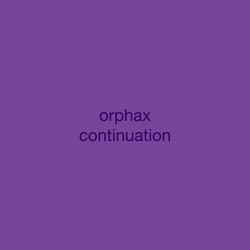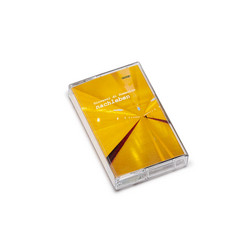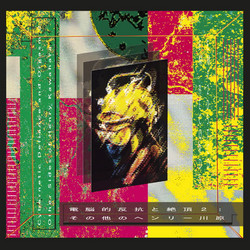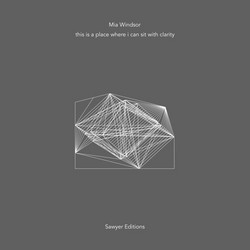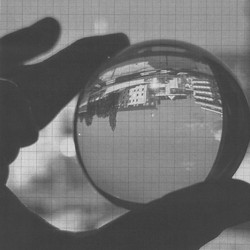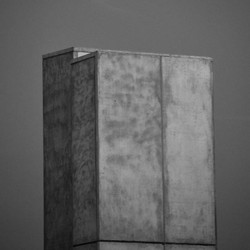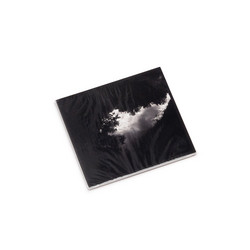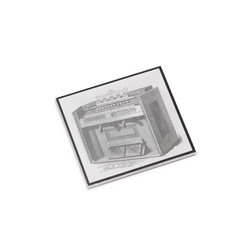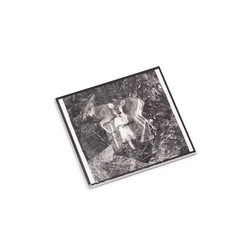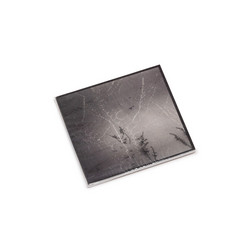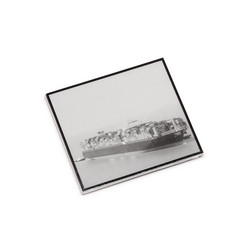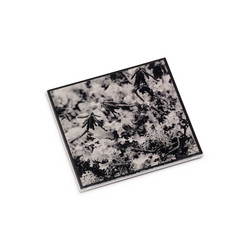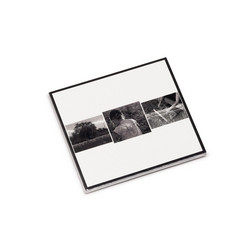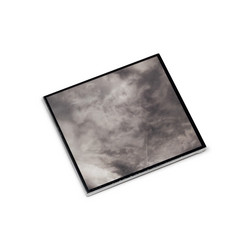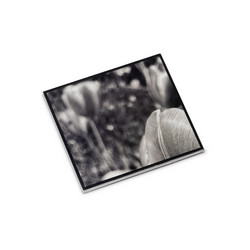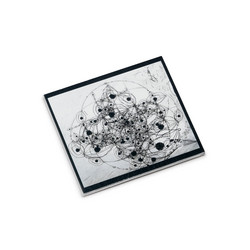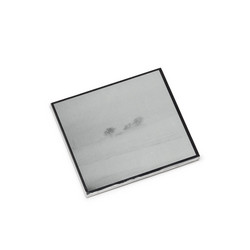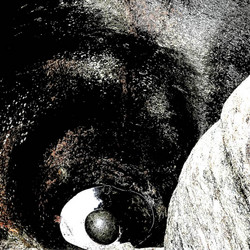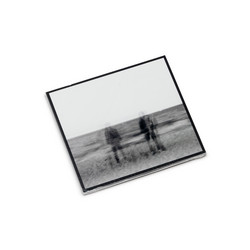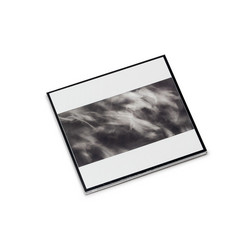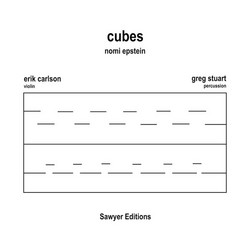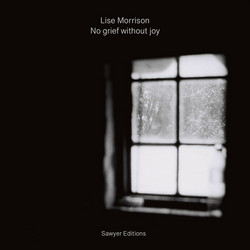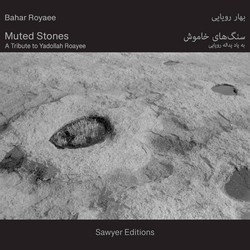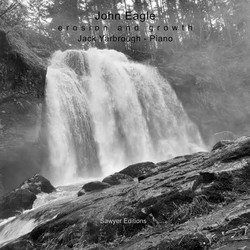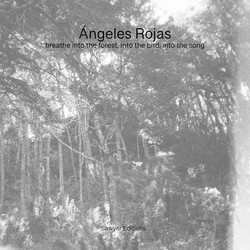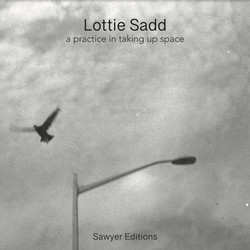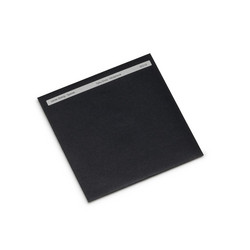Melos is an ongoing series of site-specific installation pieces for organ and electronics. “Melos” (from the Greek for “melody” or “arc”) passes sampled organ tones very slowly through static tones held on the organ, creating a rich, fluid architecture impossible to achieve through mechanical means alone. The organ’s expressive capabilities are extended to create an enveloping, dense texture that is constantly in motion, the ear constantly drawn from point to point much as the eye would be in a gothic cathedral or deep cave. Each iteration of the work is unique to an instrument and its environment: this recording presents five versions from four different buildings.
The organ’s strengths are also its weaknesses. Its capacity for endless sustaining exposes it as a machine, without natural breath, as does its “on/off” tone, without true capacity for light and shade. Yet these machine qualities can be subverted, the weaknesses exploited for new expressive possibilities. Many composers and performers are now exploring blurring the organ’s boundaries via mechanical or electronic means: these pieces are part of that investigation. Begun in 2015, Melos (literally “melody” or “arc”) is an ongoing series of site-specific installation pieces, each unique to the instrument and building. Each iteration begins at one chord and ends at a second: the organ has no capacity for long, slow glissando so this is achieved through electronics. Individual pipes are closely sampled, holding on to the character and imperfections of each: these tones slide through the sustained notes creating ever-shifting textures that are impossible to achieve through mechanical means alone. Here, two iterations are fragments of a much larger structure, a five-hour installation made in collaboration with movement artist Alexandra Baybutt. Dense, but glowing and breathing, like being submerged in water lit by shafts of late afternoon sunlight, an exploration of a fluid sonic architecture.
Huw Morgan is an organist, choir director and composer living and working in the city of Bristol (UK). The organ is central to his musical identity: in recent years he has been increasingly interested in expanding the expressive capabilities of the instrument, leading to the founding of Automatronic in 2013, a collective that seeks to create, commission and perform new works for organ with electronics. In 2021 he founded the mainly slow organ music series in Bristol and beyond, giving regular concerts of new works by living composers, seeking to bring new audiences and composers together with the organ. His own works have been performed in festivals and concerts across Europe and North America, including Huddersfield Contemporary Music Festival, the Bergen International Organ Festival, and BBC Tectonics
